Costa Rica Digital Nomad Visa — 2025 Update
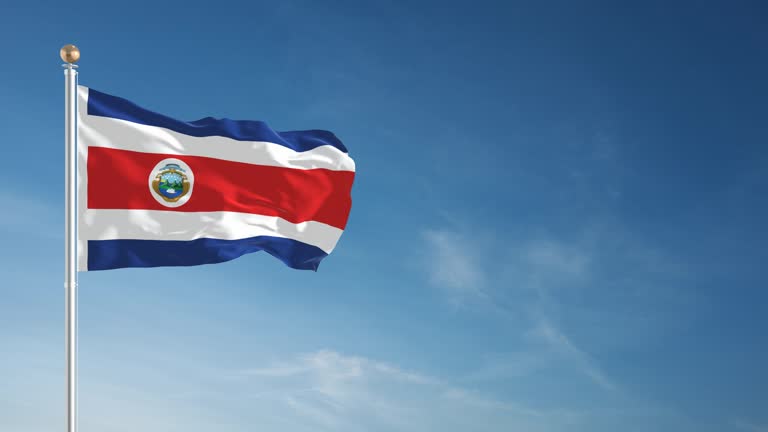
Quick Visa Facts
Visa length 1 year
Possible to extend? Yes, for an additional 1 year (must spend at least 180 days in Costa Rica during the first year)
Who can apply? Remote workers, freelancers, and business owners who earn income from foreign sources
Minimum Income Requirements $3,000 USD/month for individual applicants and $4,000 USD/month for applicants with dependents
Time for visa applications 15 calendar days for initial review and up to 90 days to enter Costa Rica and finalize documentation after approval.
Want to know if you can apply?
Complete a visa quiz and see if you qualify!
Imagine starting your day with the sound of ocean waves, wrapping up work surrounded by lush rainforests, and spending your weekends surfing, hiking, or simply soaking up the pura vida lifestyle. With the Costa Rica Digital Nomad Visa, this dream can become your reality.
Launched to attract remote workers from around the globe, this visa lets you live and work legally in Costa Rica for up to one year, with the option to renew. Whether you're a freelancer, tech entrepreneur, or remote employee, Costa Rica offers the perfect balance of natural beauty, stable infrastructure, and digital nomad-friendly policies.
In this guide, we’ll walk you through everything you need to know, from eligibility requirements and application steps to tax perks and what life is really like as a digital nomad in Costa Rica.
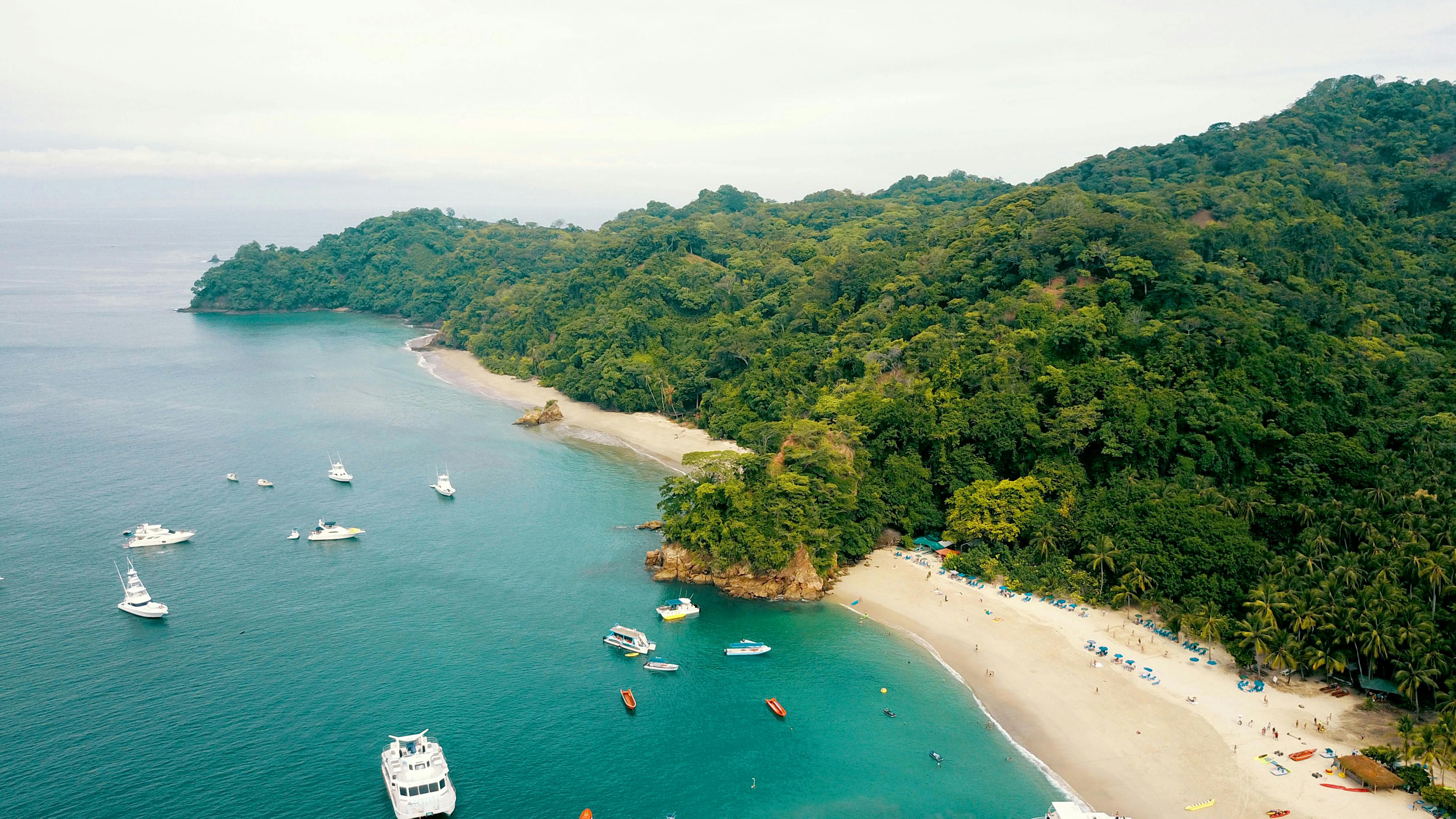
Costa Rica Digital Nomad Visa Overview
Costa Rica officially launched its Digital Nomad Visa in 2022 to welcome remote workers, freelancers, and entrepreneurs who want to live and work in one of the world’s most naturally stunning and peaceful countries.
This visa was introduced as part of Costa Rica’s efforts to attract global talent and boost its economy by offering legal residency for digital nomads and their families. With a relatively straightforward application process and generous tax benefits, it has quickly become a top choice for location-independent professionals.
Who Is It For?
The Costa Rica Digital Nomad Visa is designed for:
Remote employees working for companies based outside Costa Rica
Freelancers and entrepreneurs offering services to international clients
Families of remote workers who want to relocate together
To qualify, you must show a stable monthly income of at least $3,000 USD (or $4,000 USD for families), verified through bank statements or a certified affidavit.
What Does It Allow You to Do?
With this visa, you can:
Live and work legally in Costa Rica for 1 year, with the possibility of renewal for an additional year
Work remotely for a foreign company or international clients
Import essential work equipment tax-free (like laptops and tech gear)
Open a local bank account
Stay exempt from local income tax during your stay
Enjoy access to Costa Rica’s national banking system and digital infrastructure
However, this visa does not permit employment with Costa Rican companies or grant a path to permanent residency or citizenship.
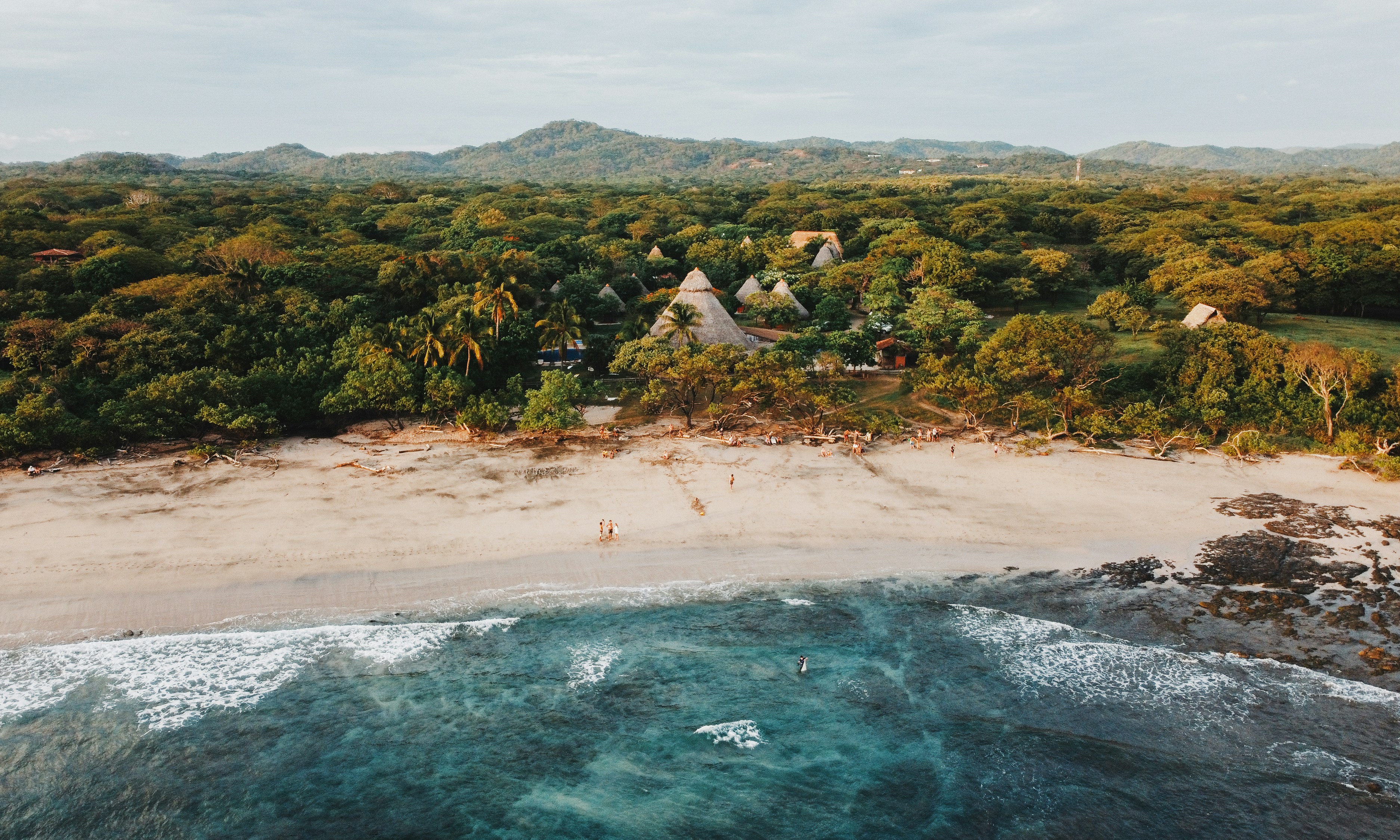
Costa Rica Digital Nomad Visa Requirements
To apply for the Costa Rica Digital Nomad Visa, you’ll need to prepare a set of required documents. Some are standard for most visa applications, while others are specific to Costa Rica’s program for remote workers.
Make sure you have the following documents ready when submitting your application:
Completed application form
Copy of your passport (photo page and entry stamp if applying from within Costa Rica)
Recent passport-sized photo
$100 USD government filing fee (proof of payment)
Affiliation form, completed through the official online platform
Certified translations for any documents not originally in Spanish
Birth certificate (if applying with children under 25)
Marriage certificate or proof of civil union (valid within 6 months, if applying with a spouse)
Proof of Financial Self-Sufficiency
This is one of the most important requirements.
You must demonstrate a minimum monthly income of $3,000 USD for individual applicants, or $4,000 USD if applying with dependents. This income must be:
Verified with bank account statements from the past 12 months, and
Accompanied by a sworn affidavit, notarized or certified by a CPA or Public Notary, and apostilled or legalized
Private Health Insurance
You’ll need to show proof of international health insurance that covers your entire stay in Costa Rica.
Requirements include:
Minimum coverage of $50,000 USD
Coverage must apply to you and any dependents
Insurance can be international or purchased locally in Costa Rica
Travel insurance is not accepted; it must be long-term residency health insurance. You can find our recommendations for the best health insurance plans for digital nomads here.
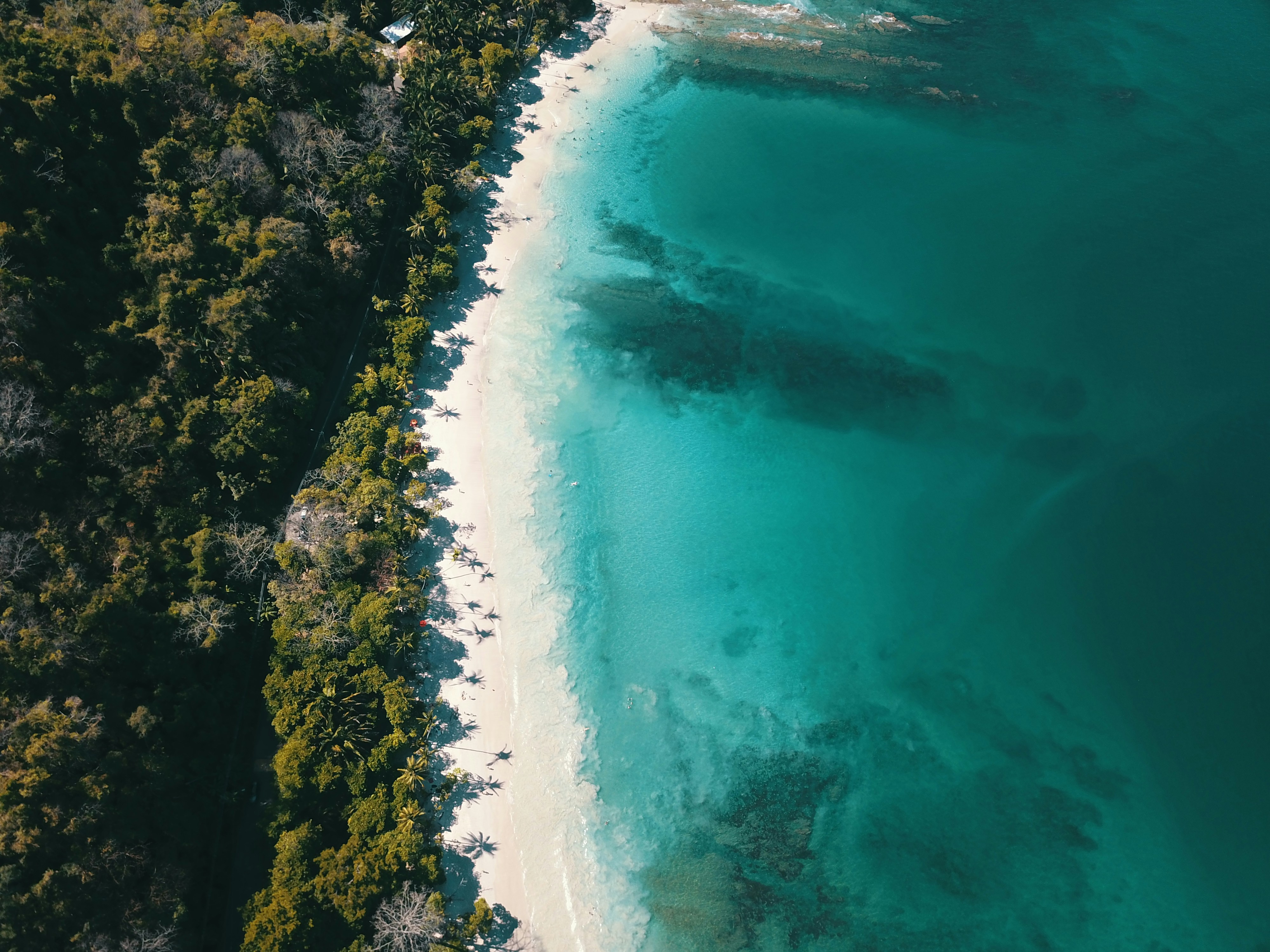
How to Apply for the Costa Rica Digital Nomad Visa – Step-by-Step Instructions
Applying for the Costa Rica Digital Nomad Visa can be done entirely online or in person, depending on your preference. Many applicants choose to start the process from abroad, since you have up to 90 days to enter Costa Rica and complete documentation after approval.
Here’s a simple, step-by-step guide to help you through the process:
Step 1: Gather All Required Documents
Before starting your application, make sure you’ve gathered all the required documents. These include general forms, identification, financial proof, and insurance coverage.
Ensure all non-Spanish documents are officially translated, and that any required notarizations or apostilles are completed in advance.
Step 2: Create an Account on TramiteYa
Visit tramiteya.go.cr to create your user account. This is Costa Rica’s official platform for digital immigration procedures.
Step 3: Submit Your Application Online
Once your account is set up, fill out and upload:
The Digital Nomad Visa application form
Scanned copies of your supporting documents
Proof of the $100 USD government filing fee payment
You can also submit your application physically, but even in that case, the affiliation form must be completed digitally.
Step 4: Wait for Preliminary Review (15 Days)
Costa Rican immigration authorities will review your application within 15 calendar days. If any corrections or additional documents are needed, you’ll be notified within the first 5 days.
Step 5: Receive Approval & Make Final Payments
Once approved, you’ll receive a resolution letter outlining the next steps, including:
Payment of additional fees and guarantee deposit
Confirmation of your passport’s validity
Submission of your insurance policy details
Step 6: Enter Costa Rica (If You Haven’t Already)
You must be physically present in Costa Rica to finalize the documentation and receive your visa card. Once in the country, your legal status as a digital nomad will be activated.
Step 7: Receive Your Visa & Start Your Stay
After submitting final documents and payments, you’ll receive your Digital Nomad Visa card, valid for 1 year. You may renew it for an additional year by showing that you spent at least 180 days in Costa Rica during your first year.
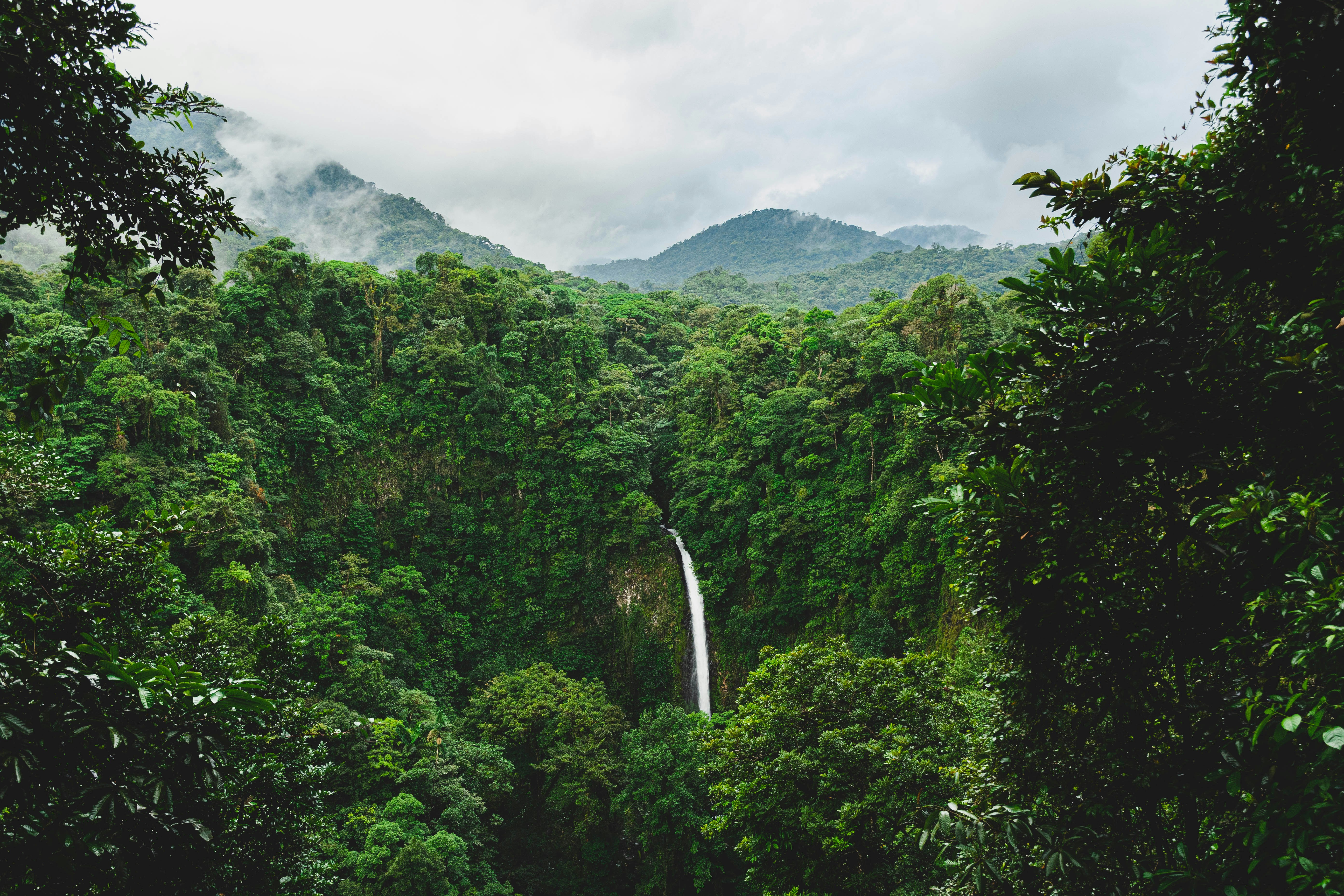
Costa Rica Digital Nomad Visa Stay Requirements
To maintain your legal status and qualify for a visa renewal, the Costa Rica Digital Nomad Visa comes with a minimum physical presence requirement.
Minimum Time in Costa Rica
If you plan to extend your visa beyond the initial one-year period, you must spend at least 180 days (six months) physically in Costa Rica during your first year.
This requirement ensures that digital nomads are genuinely residing in the country, not just using the visa as a travel loophole.
Important: If you don’t meet the 180-day requirement, your visa cannot be renewed for a second year.
Initial Entry After Approval
If you apply from abroad, you’ll have up to 90 days after approval to enter Costa Rica and complete the remaining documentation steps in person. Your visa officially begins once you've entered and completed the in-country requirements.
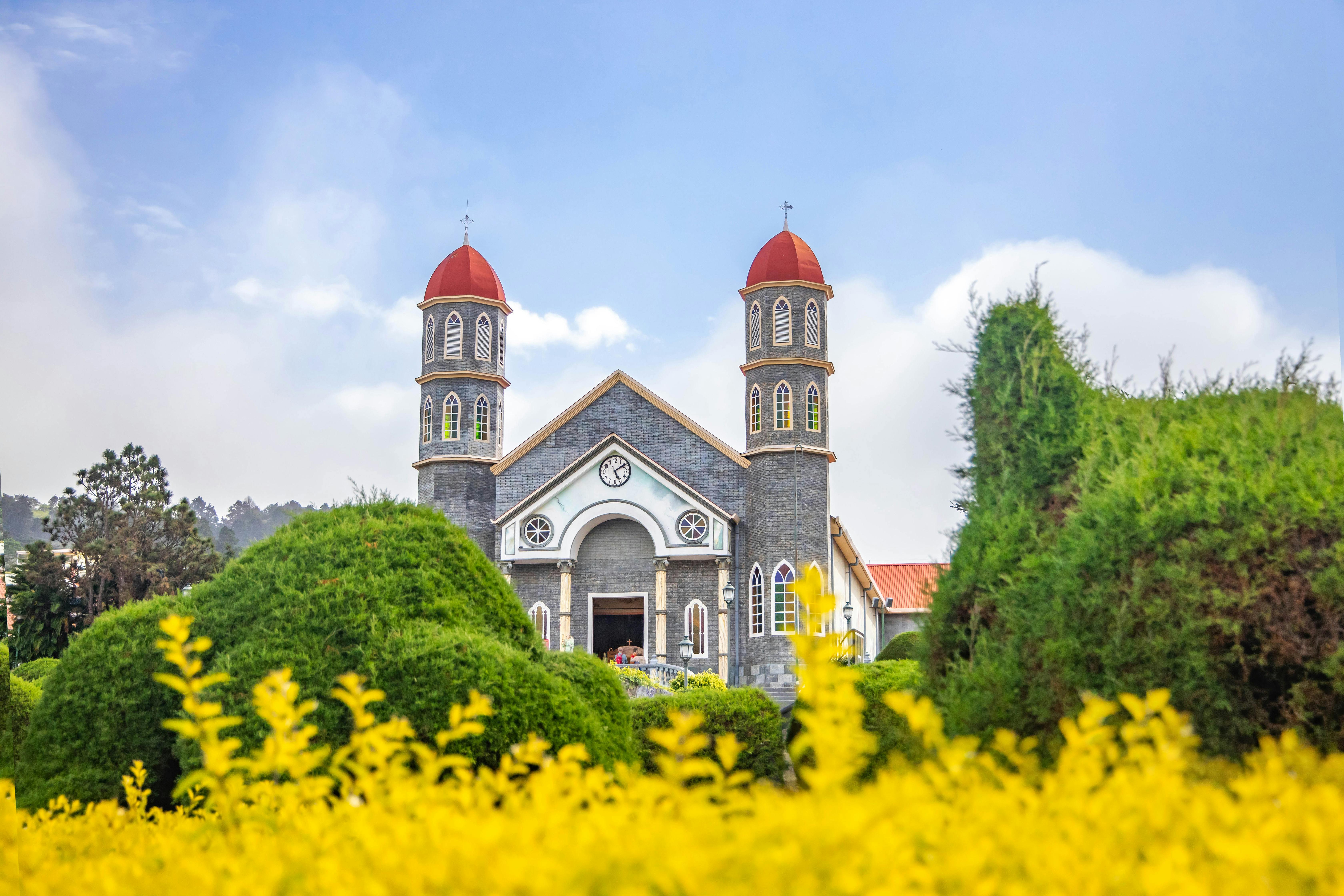
How Much Does the Costa Rica Digital Nomad Visa Cost?
The total cost of the Costa Rica Digital Nomad Visa depends on whether you’re applying alone or with dependents, and whether you need additional services like official translations. Here’s a breakdown of the typical expenses:
Government filing fee: $100 USD
Legal fees for the main applicant: $525 USD (+13% VAT)
Legal fees per dependent: $325 USD (+13% VAT)
Official translation costs: Variable, depending on the number and type of documents
Guarantee deposit and additional fees: Specified in the approval resolution
Payment schedule: 75% of legal fees are paid at the time of filing, and the remaining 25% upon approval. Government fees and translation costs are typically paid up front.
Keep in mind that international transfer fees, PayPal charges, and card processing fees are not included in the listed prices and will be calculated separately if applicable.
Taxes for People With a Costa Rica Digital Nomad Visa
One of the biggest advantages of the Costa Rica Digital Nomad Visa is its favorable tax treatment for remote workers.
If you hold this visa, you will not be considered a tax resident in Costa Rica, as long as your income comes from foreign sources. That means:
You do not have to pay Costa Rican income tax on the money you earn while working remotely for companies or clients outside Costa Rica
You can legally receive foreign income without it being taxed locally
This exemption applies for the entire duration of your visa, including any approved renewal period
However, it’s important to note that you cannot work for a Costa Rican company or person while on this visa. Doing so could violate the terms of your stay and may result in legal or immigration issues.
Note: While Costa Rica won’t tax your foreign income, you may still have tax obligations in your home country, depending on your citizenship and tax residency status. It's a good idea to consult with a cross-border tax professional to stay compliant.
Living in Costa Rica with the Digital Nomad Visa
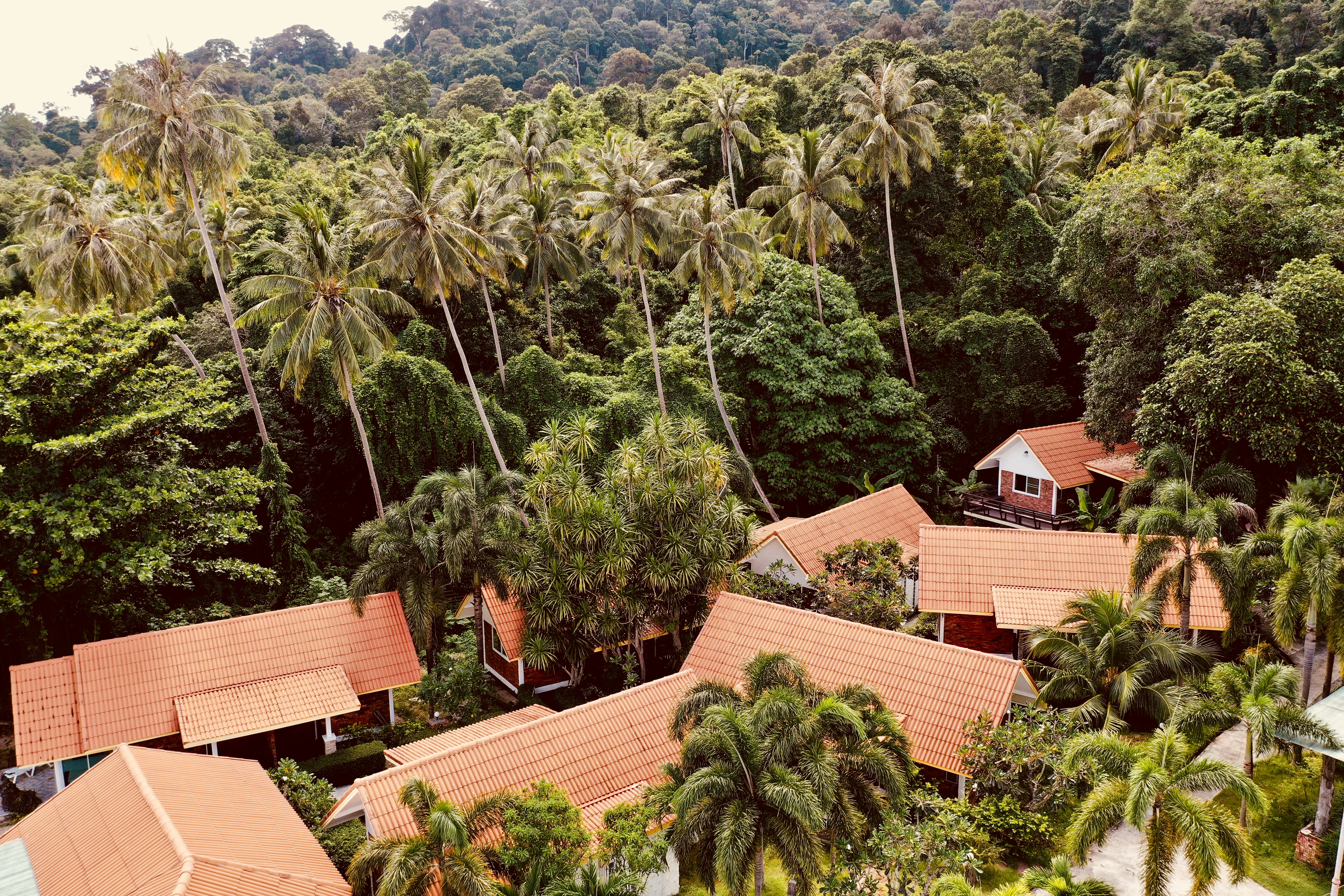
Living in Costa Rica as a digital nomad means combining remote work with a relaxed, nature-rich lifestyle. With access to modern infrastructure, reliable internet, and a growing community of remote professionals, you'll find it easy to stay productive while enjoying everything from tropical beaches to cloud forests. Cities like San José, Tamarindo, and Santa Teresa offer coworking spaces, cafés, and digital nomad hubs, while more rural areas give you the chance to disconnect when the workday ends fully.
Thanks to the visa’s benefits, such as tax exemptions, access to local banking, and the ability to import work equipment duty-free, you can settle in quickly and focus on what matters most: living well. Whether you're surfing before a morning meeting or hiking volcanoes on the weekend, Costa Rica offers a unique balance of work and adventure that makes it one of the most attractive destinations for location-independent professionals.
Best Cities to Live in Costa Rica
Costa Rica offers a range of cities and towns that cater to different digital nomad lifestyles, from beach lovers and surfers to urban professionals and eco-conscious adventurers. Here are three of the best places to live while holding the Costa Rica Digital Nomad Visa:
San José
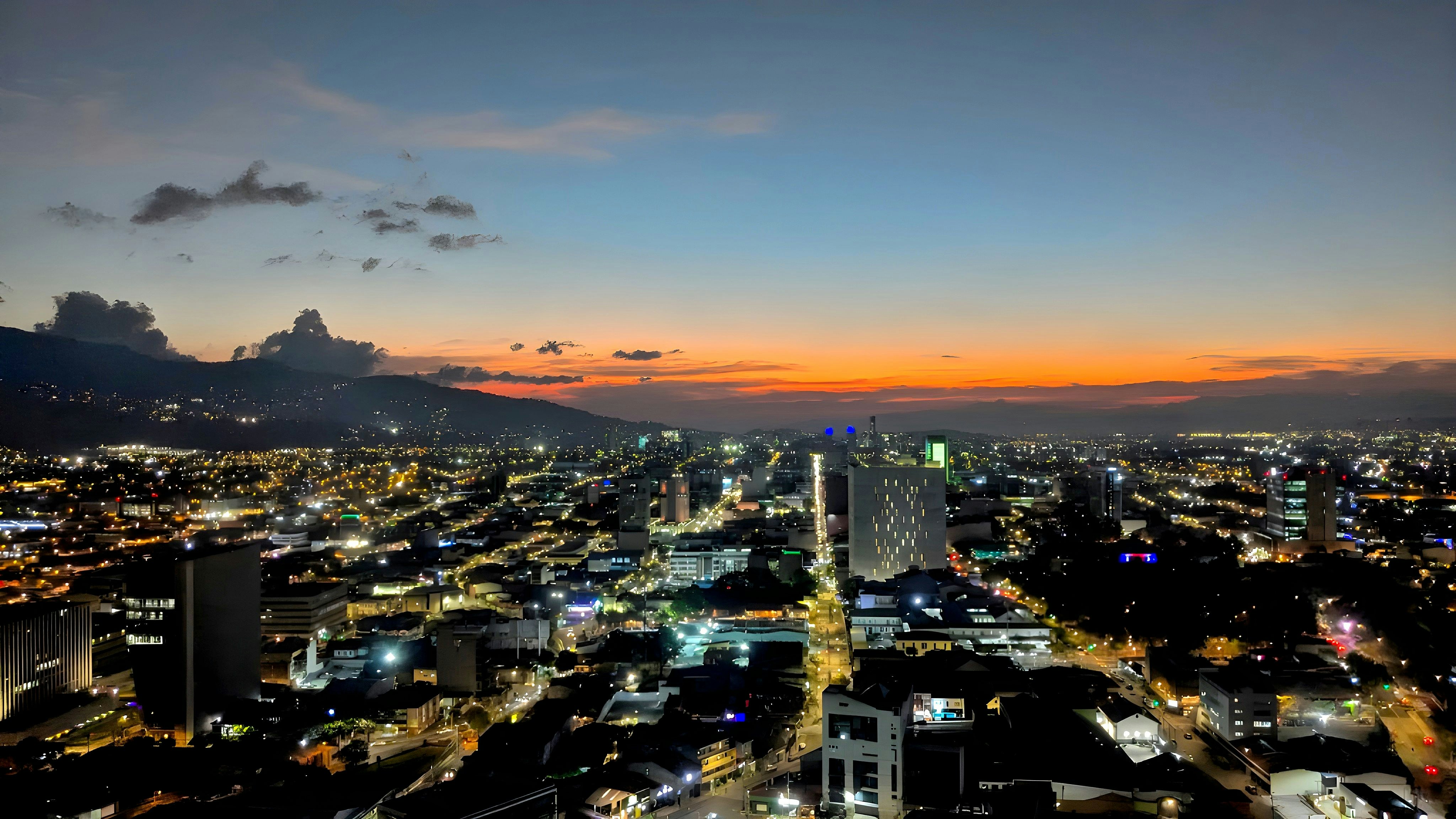
As the capital city and economic heart of Costa Rica, San José is ideal for digital nomads who prefer an urban environment with access to modern conveniences. You'll find a strong infrastructure, fast internet, coworking spaces, international restaurants, and cultural attractions. It’s also the country’s main transportation hub, making weekend trips to the beach or jungle easy and accessible.
Tamarindo
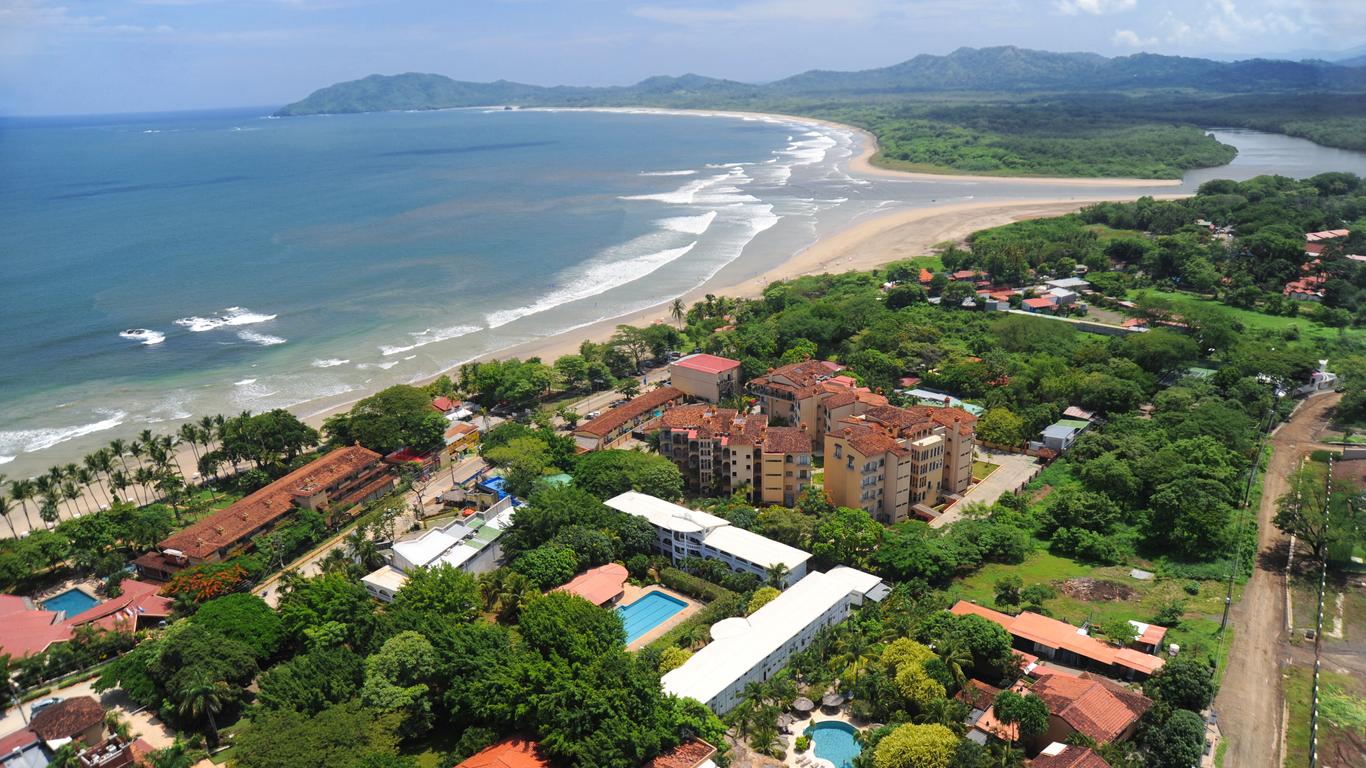
If you dream of working just steps from the ocean, Tamarindo is your spot. Located on the Pacific coast, this laid-back surf town is popular among digital nomads for its vibrant expat community, coworking cafés, and stunning sunsets. Tamarindo combines natural beauty with enough amenities to stay productive, making it perfect for remote workers who want a slower pace of life without sacrificing connectivity.
Santa Teresa
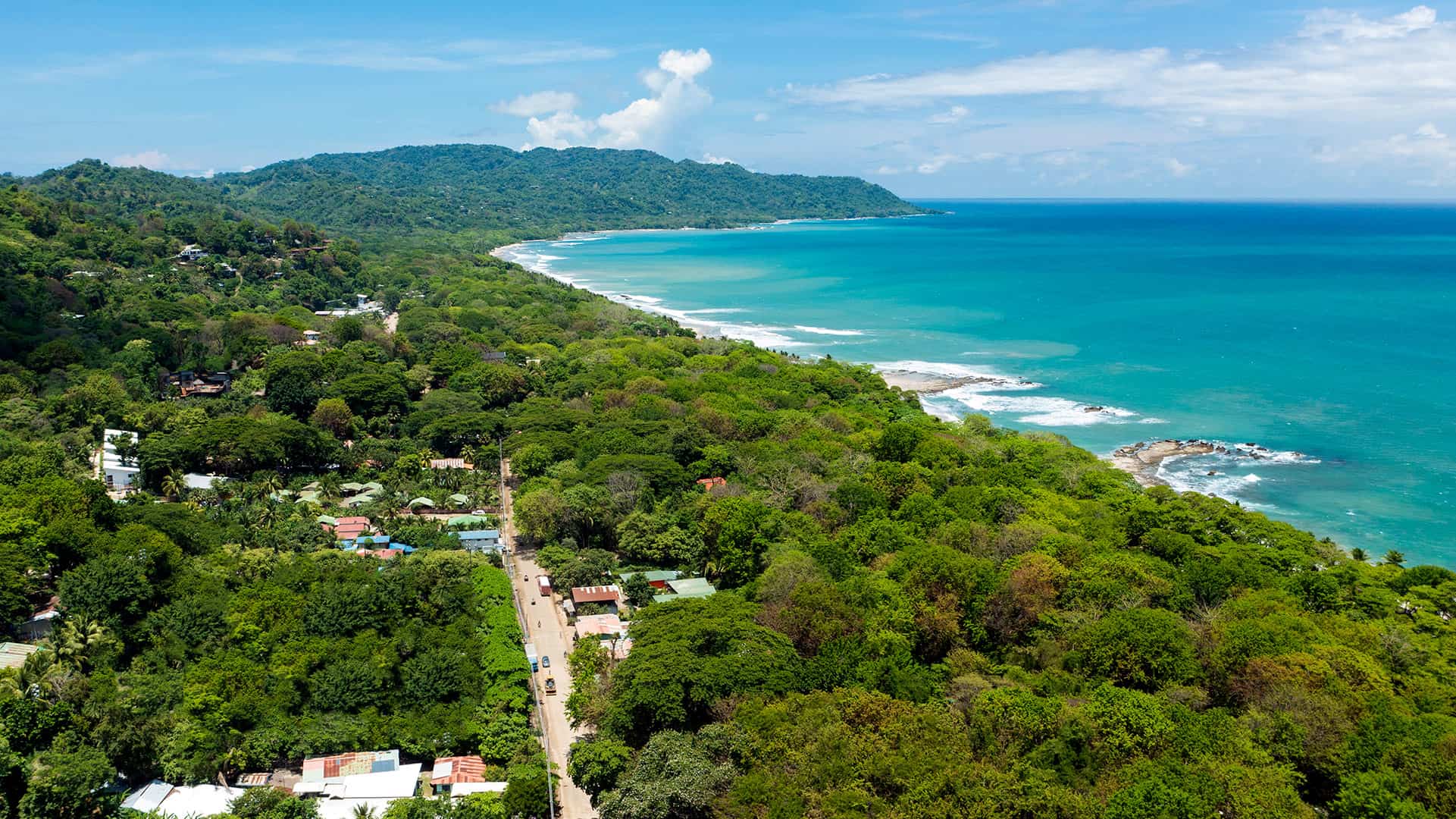
For a more off-the-grid experience with a creative, bohemian vibe, Santa Teresa is a favorite among nomads and entrepreneurs. Tucked away on the Nicoya Peninsula, this beach town offers a mix of yoga studios, organic food spots, and beachfront coworking lounges. While the infrastructure is more limited than in San José, the relaxed atmosphere and strong community of like-minded travelers more than make up for it.
Cost of Living
The official currency of Costa Rica is the Costa Rican colón (CRC). ₡1,000 = approximately $1.85 USD.
The average net monthly salary in Costa Rica is around ₡580,000 CRC, which equates to approximately $1,075 USD. Keep in mind that costs and salaries vary significantly depending on the region and your lifestyle.
Here’s a rundown of what you should expect to pay in different cities:
San José
Rent (1 bedroom in city center) – $650 per month
Rent (3 bedrooms outside city center) – $950 per month
Basic Utilities – $85 per month
Wi-Fi – $35 per month
Public Transport – $0.90 one-way
Groceries (2 people) – $300–$450 per month
Tamarindo
Rent (1 bedroom in city center) – $950 per month
Rent (3 bedrooms outside city center) – $1,400 per month
Basic Utilities – $100 per month
Wi-Fi – $45 per month
Public Transport – $1.20 one-way
Groceries (2 people) – $400–$550 per month
Santa Teresa
Rent (1 bedroom in city center) – $900 per month
Rent (3 bedrooms outside city center) – $1,300 per month
Basic Utilities – $90 per month
Wi-Fi – $50 per month
Public Transport – $1.50 one-way
Groceries (2 people) – $350–$500 per month
FAQs
Can I apply for the Costa Rica Digital Nomad Visa while I’m still outside the country?
Yes, you can start the entire application process from abroad. In fact, it’s often recommended. Once your visa is approved, you’ll have 90 days to enter Costa Rica and complete the final steps in person.
Can I bring my family with me on the digital nomad visa?
Absolutely. You can include dependents such as your spouse or children under the age of 25. Just note that your required monthly income increases to $4,000 USD if applying with family, and you’ll need to provide supporting documents like marriage and birth certificates.
Will I be taxed on my income while living in Costa Rica?
No, digital nomad visa holders are exempt from local income tax as long as their income comes from foreign sources. However, you may still have tax obligations in your home country.
Can I work for a Costa Rican company while on this visa?
No. The digital nomad visa only allows you to work for foreign employers or clients. You’re not permitted to work for Costa Rican companies or individuals while residing in the country on this visa.
Do I need to register for public healthcare or pay into Social Security?
No, you’re not required to register with Costa Rica’s public healthcare system or social security. However, you must carry private international or local health insurance with a minimum coverage of $50,000 USD for the duration of your stay.
Can I get help applying for the Costa Rica Digital Nomad Visa?
If you need help applying for a visa, you can talk to Citizen Remote. Get specific advice from one of our experts, or outsource the entire application to our team.
Author
Nadia Dardón is a content creator from Guatemala. She has worked fully remotely for the past six years as a copywriter, editor, and content creator, working for different industries. She started her digital nomad journey in 2022 and currently lives as an expat in Spain.
